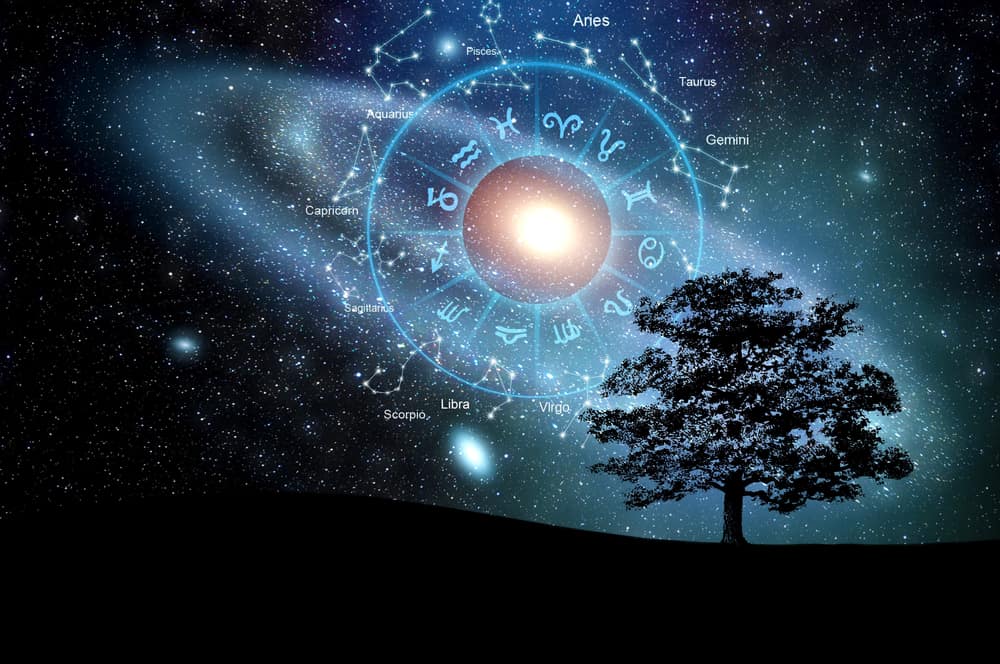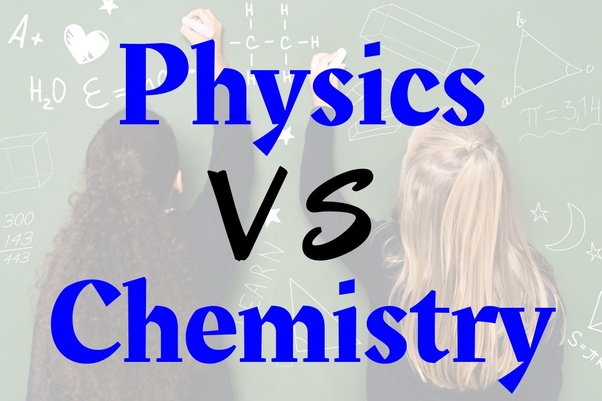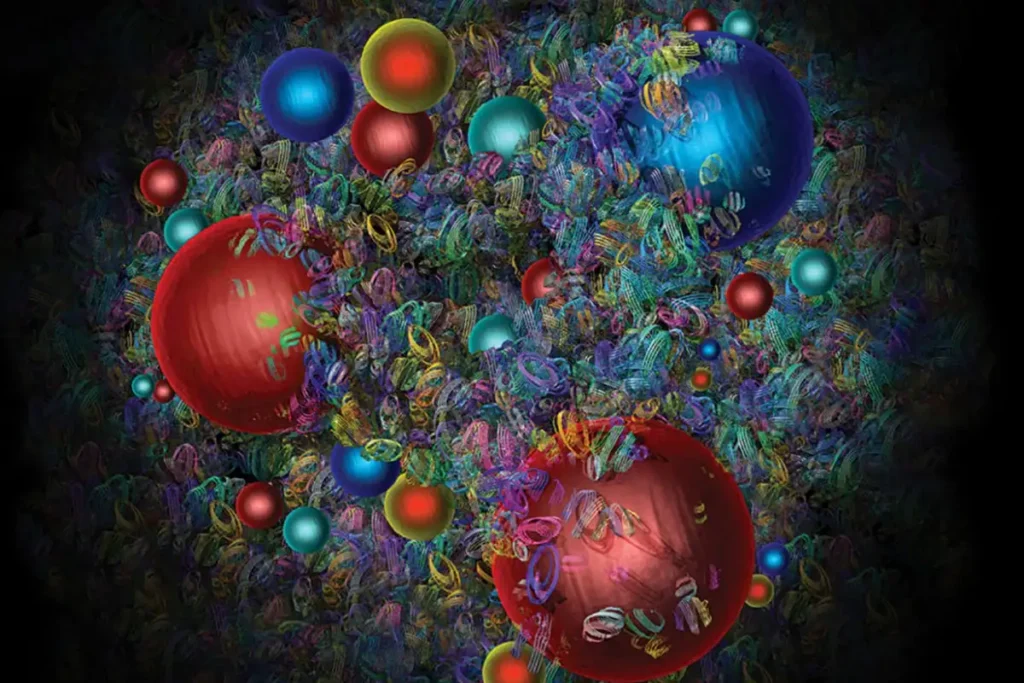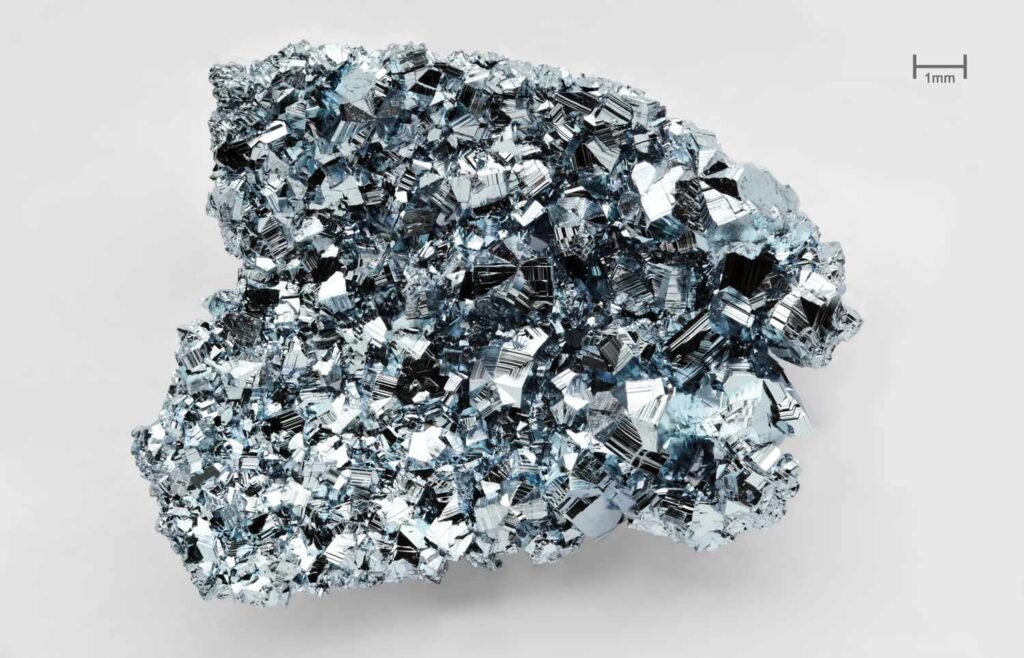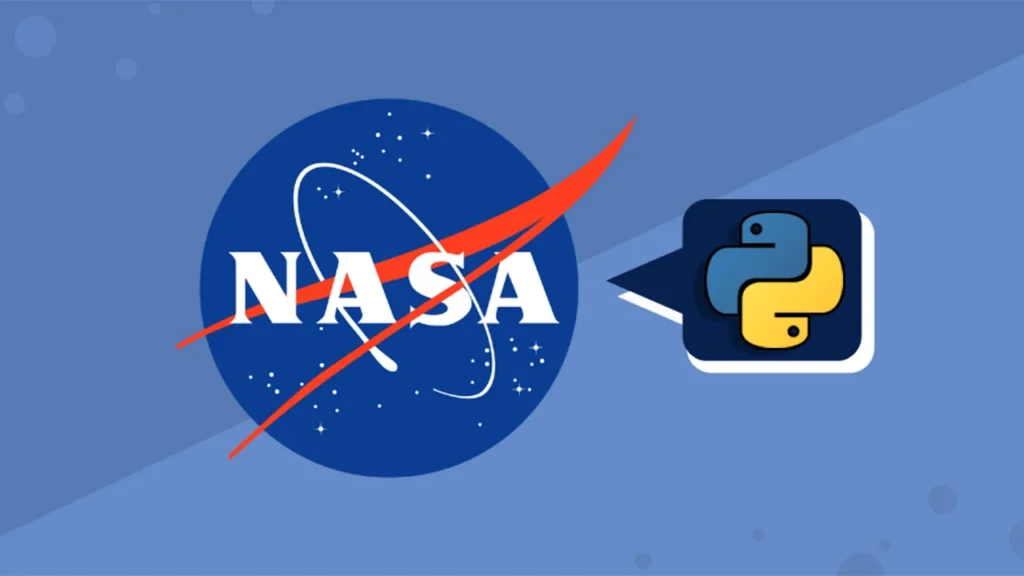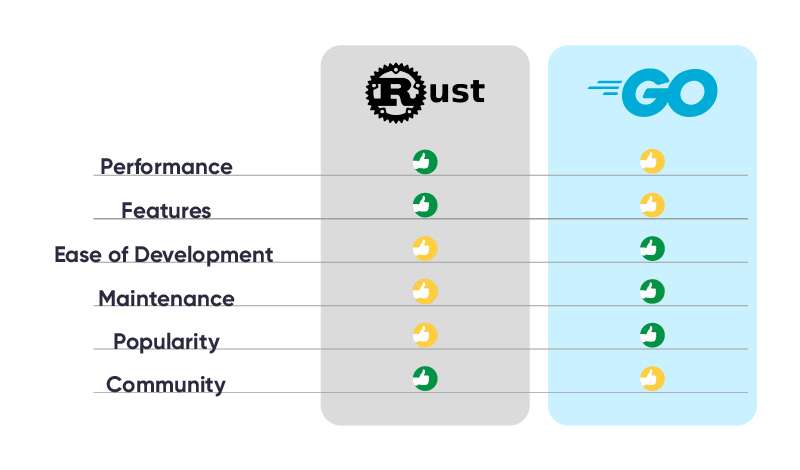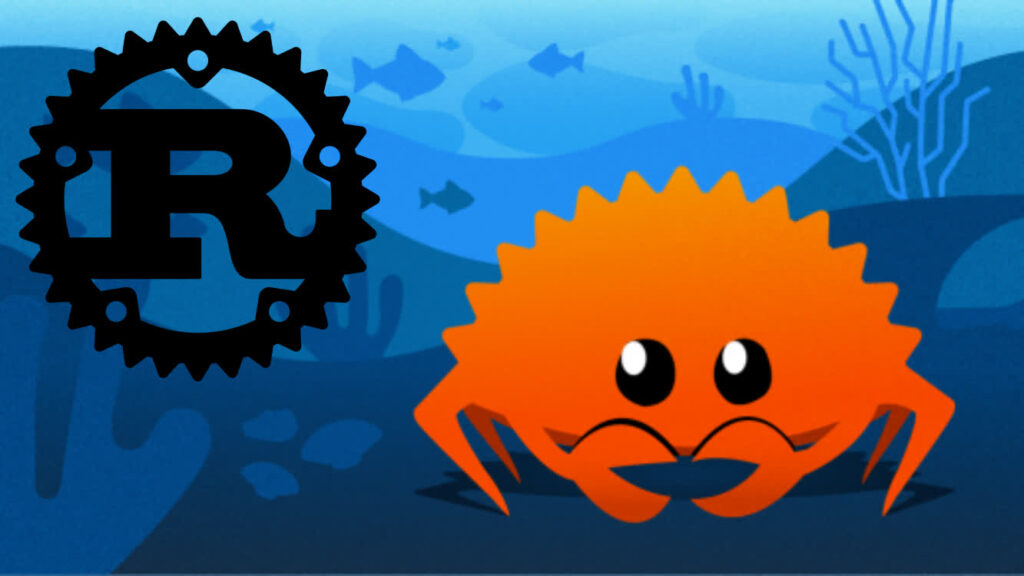What Is The Difference Between Astronomy And Astrology?
Astronomy and Astrology are different because they focus on different things. Astronomy is a science that studies stars, planets, and galaxies using observations and math. It tries to understand how the universe works. On the other hand, Astrology is not a science. Rather it uses the movements of stars to predict things about people and […]
What Is The Difference Between Astronomy And Astrology? Read More »
